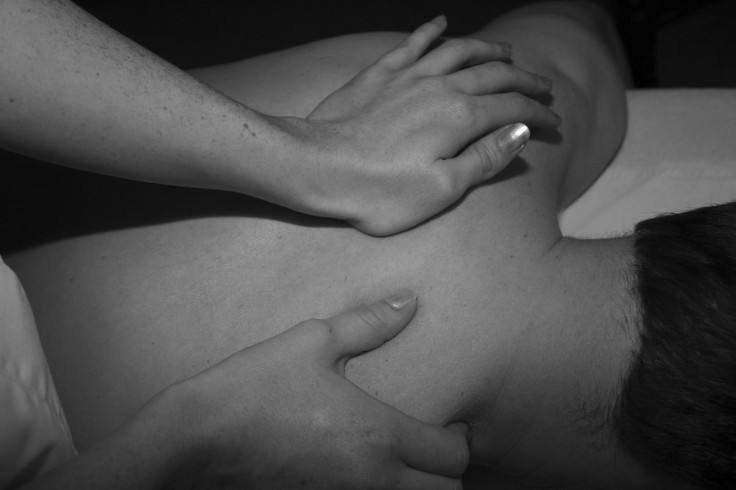Valium For Lower Back Pain? Diazepam As Effective As Placebo, Study Says; Yoga, Acupuncture And Other Alternative Treatments

If you suffer from low back pain, you might want to think twice before going straight for the Valium. According to a new study, the highly addictive mediation is no better at back problems than a placebo.
Read: Lower Back Pain: Is It A Hip Or Spine Problem? Guidance For A Correct Diagnosis
In a randomized, double-blind study, 114 emergency room patients with new cases of lower back pain were separated into two groups. The first received a treatment plan of naproxen, a non-prescription anti-inflammatory, sold under the brand name Aleve, and diazepam, better known by its brand name Valium. The second received naproxen and a placebo. Participants completed a questionnaire about their pain levels post discharge.
One-week post hospital visit, 18 of the 47 patients (about 32 percent) taking Valium still had moderate or severe low back pain versus 12 of the 55 (approximately 22 percent) taking the placebo. After three months, 12 percent of the prescription medication patients still suffered from moderate or severe back pain compared to 9 percent of those on the placebo. These differences are not clinically or statistically significant, meaning that Valium is not a great way to fix lower back pain.
“Our study contributes to the growing body of literature indicating that, in general, most medications do not improve acute lower back pain,” says lead study author Benjamin Friedman, MD, MS, in a statement.
He notes that by three months later, most patients had recovered completely.
As the authors report in their paper, low back pain is responsible for approximately 2.7 million ER visits in the U.S. each year. About 70 percent of patients report persistent back problems one week after their visits with 69 percent using some sort of pain medication.
Chronic Low Back Pain: Alternative Therapies, From Dry Needling To Prolotherapy
This study coincides with the American College of Physicians (ACP) new recommendations for using non-drug therapies like heat, massage, acupuncture or spinal manipulation for low back pain. Recent studies have recommended alternative approaches such as yoga and "dry needling" to treat chronic or acute lower back pain.
“Physicians should reassure their patients that acute and subacute low back pain usually improves over time regardless of treatment,” says Nitin S. Damle, MD, MS, MACP and ACP president in a statement on the organization’s website. “Physicians should avoid prescribing unnecessary tests and costly and potentially harmful drugs, especially narcotics, for these patients.”
See Also:
Advil, Tylenol, Even Opiods Don't Help Back Pain: 3 Ways To Cope Instead
Surgery For Back Pain Boosts Sex Life: Going Under The Knife Is Better Than Non-Surgical Treatments



























